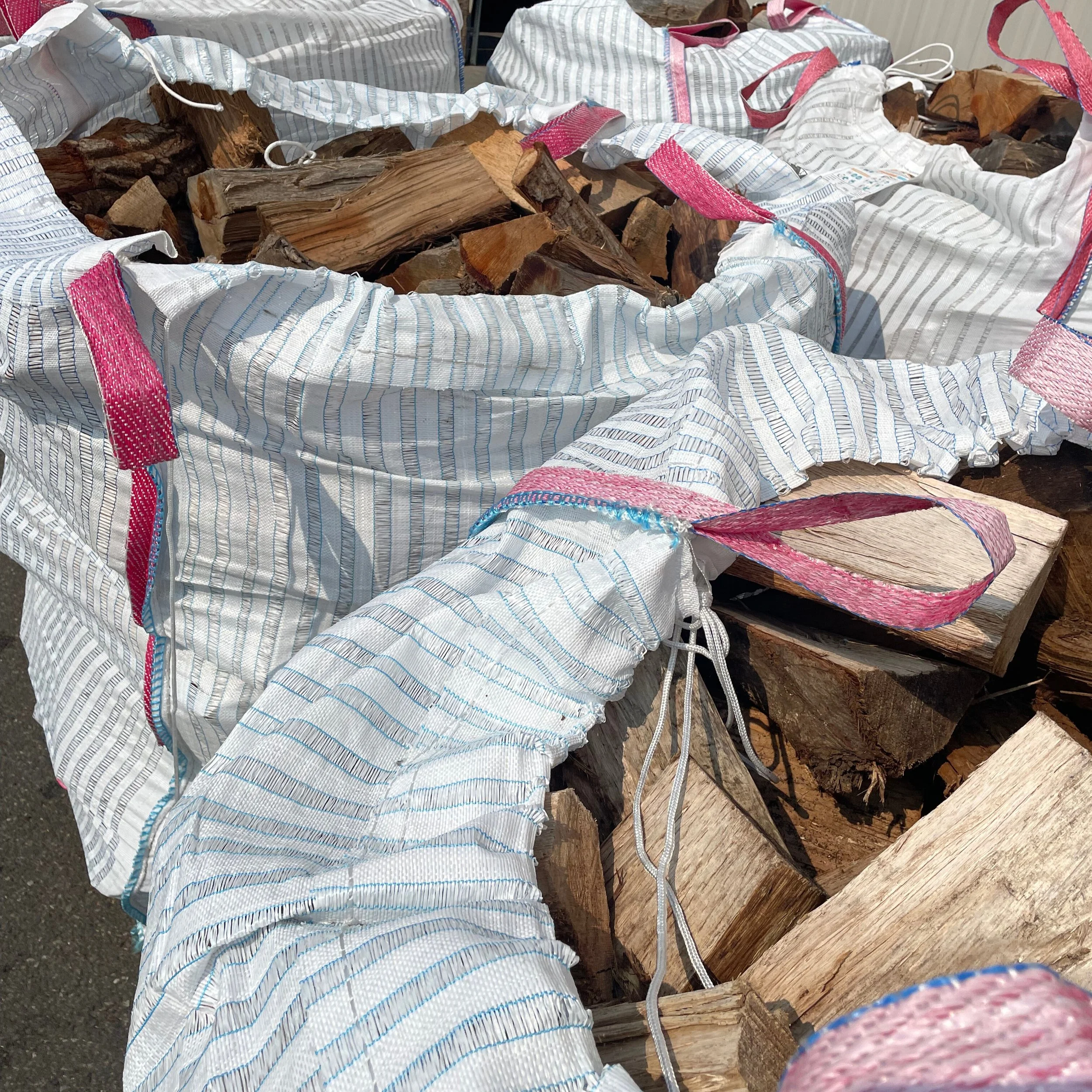The Impact.
Bulk bags, commonly known as super sacks, play a vital role in various industrial sectors, facilitating the transportation and storage of large quantities of materials such as granules, pellets, and powders. However, their widespread use also contributes to environmental challenges due to their disposal after single-use. Understanding the need for bulk bag recycling is crucial in mitigating these challenges and promoting sustainable practices within manufacturing industries.
An average manufacturing facility can consume thousands of super sacks monthly, resulting in substantial waste if disposed of improperly. Sending bulk bags to landfills not only increases the volume of waste but also exacerbates environmental degradation. Finding sustainable solutions for bulk bag disposal is imperative for reducing the ecological footprint of manufacturing operations.
Direct Repurposing Process: Upon reaching the end of their lifespan as bulk bags, we immediately initiate the process of dismantling and repurposing. This proactive approach ensures that the materials are diverted from the waste stream and utilized in a meaningful manner.
Sewing Raw Materials into New Products: The raw materials extracted from bulk bags are carefully sewn and crafted into new functional products. This may include items such as tote bags, market bags, storage containers, or other everyday essentials. By leveraging the durability and flexibility of the raw materials, we create high-quality, sustainable alternatives to conventional products.
Promoting Circular Economy: Our initiative aligns with the principles of a circular economy, where materials are reused, recycled, and regenerated to minimize waste and maximize resource efficiency. By repurposing bulk bag materials into new products, we contribute to the circularity of resources and reduce the need for virgin materials.
Environmental Benefits: Repurposing bulk bags offers significant environmental benefits compared to traditional disposal methods. By diverting these materials from landfills, we reduce pollution, conserve resources, and minimize the carbon footprint associated with waste disposal. Additionally, our approach helps to mitigate the demand for new plastic production, further contributing to environmental preservation.
Community Engagement: Our initiative fosters community engagement and awareness about sustainable practices. By showcasing the transformation of bulk bag materials into everyday products, we inspire individuals to rethink their consumption habits and consider the environmental impact of their choices. Through education and outreach, we empower our community to participate in creating a more sustainable future.
Continuous Improvement: We are committed to ongoing improvement and innovation in our repurposing process. By exploring new techniques, materials, and product designs, we aim to enhance the efficiency and effectiveness of our sustainability initiatives. Collaboration with stakeholders, including employees, suppliers, and customers, is key to driving progress and achieving our sustainability goals.
In conclusion, our approach to repurposing bulk bags into new functional products demonstrates a commitment to sustainability and responsible resource management. By transforming waste materials into valuable resources, we contribute to environmental conservation, promote circular economy principles, and inspire positive change within our community. Through continued innovation and collaboration, we strive to lead the way towards a more sustainable and resilient future.


